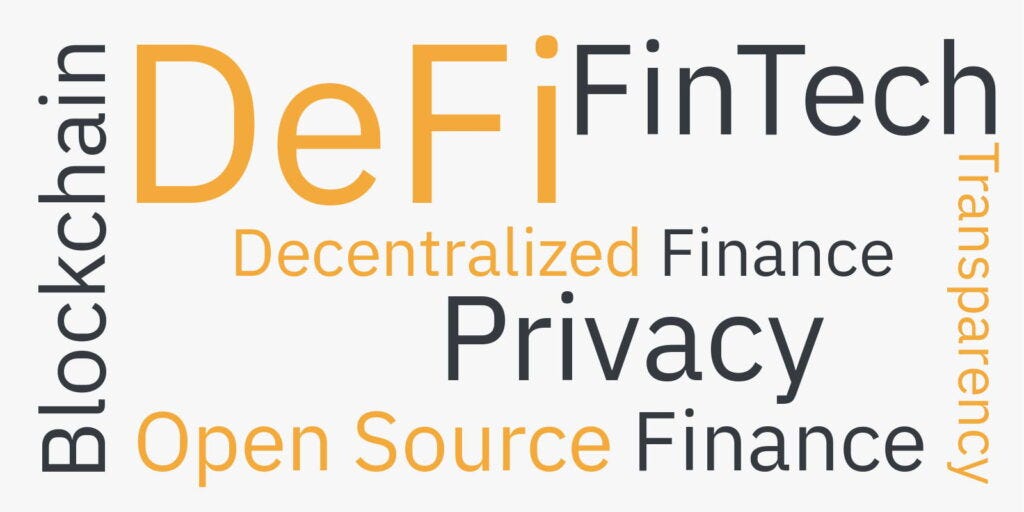
Services Offered By Fintech Companies
Fintech startups that have disrupted the banking industry provide products and services that include:
-
- Digital Banks: Fintech digital banks have transformed access to traditional banking services, especially for people who face obstacles such as location or prohibitive banking fees. These digital banks have increased everyone’s access to banking services, regardless of their circumstances.
-
- Small Business Finance: Unlike traditional banks, fintech has made obtaining loans easier and more secure for small businesses. Small businesses can receive financing faster and on better terms by embracing fintech solutions, addressing the long-standing issue of loan refusals that many small businesses face.
-
- Peer-to-Peer Lending: Peer-to-peer lending platforms developed by fintech companies have transformed equity finance. These platforms connect investors directly to businesses or individuals seeking funding, eliminating the need for traditional intermediaries like banks. This strategy simplifies the financing process and creates new funding opportunities.
-
- Cryptocurrency: Fintech companies have been instrumental in developing and popularizing cryptocurrencies, which provide secure and efficient means of exchange. Cryptocurrencies reduce transaction costs, speed up transactions, improve security, and increase transparency in online payments. Many online merchants already accept cryptocurrency as payment.
-
- Digital Wallets: Fintech businesses have developed digital wallets that allow users to conduct a variety of financial transactions using their mobile devices. Digital wallets enable users to make payments, manage their funds, and access a variety of financial services directly from their mobile devices.
These are just a few examples of how fintech startups have disrupted the financial industry by offering innovative solutions that meet changing consumer needs and preferences.
Leading fintech companies
Some examples of fintech companies that have disrupted the financial industry include:
-
- PayPal: Founded in 1998, PayPal was one of the first fintech startups and has since become a popular platform for secure online transactions. Customers can link their bank accounts to a payment site, and its mobile nature removes the limitations of physical locations.
-
- Monzo: Monzo is a UK-based digital-only bank that was established in 2015. It provides a current account with no monthly fees, as well as a pre-paid Mastercard debit card. It has a ‘Salary Sorter’ tool that divides expenses, bills, and savings, as well as ‘Savings Pots’ for automatic savings.
-
- Square: Square is an app that allows all types of businesses to accept credit card payments. It also provides a Cash App for transactions between individuals. It established an in-house bank to increase agility in a competitive market and has expanded into new ventures.
-
- Starling Bank: Another digital-first challenger bank, Starling Bank offers four main accounts: Personal, Joint, Business, and Euro. It offers real-time spending and income notifications, as well as a business marketplace with accounting, payment, and internal communication integrations.
-
- Klarna:
- Klarna:
- Klarna:
- Stripe: Stripe is a payments processing software for businesses that allows them to view their income and manage their finances online. It provides an application stack for managing revenue, preventing fraud, and simplifying regulatory requirements.
-
- Klarna: Klarna is a Swedish online shopping platform that was launched in 2005. It provides consumers direct payments, pay-after-delivery options, and installment plans. It aids businesses in customer retention by offering a shop directory and marketing channels.
-
- Ripple: Ripple, a payment solution provider created in 2012, facilitates cross-border transactions for financial institutions and companies. Its network, RippleNet, connects over 300 providers in more than 40 countries and facilitates bitcoin transactions.
-
- Tide: A business-focused online bank launched in 2015, offers three account choices: free, plus, and cashback. It enables small businesses and freelancers to customize transaction visibility and create multiple accounts.
-
- WorldRemit: WorldRemit, an exchange company established in 2010, enables individuals to transmit money across borders via bank transfer, cash pickup, and mobile money. It recognizes over 70 fiat currencies and serves over 130 countries worldwide.
-
- Xero: Xero is a small business accounting software provider that lets customers use its mobile app to send invoices, create expense claims, and view reports. It provides real-time notifications and a seamless integration with a variety of business applications.
These fintech startups have disrupted traditional financial services by offering innovative solutions that make transactions faster, simpler, and more accessible. They have also introduced new business models and technologies, which have transformed the financial sector.
